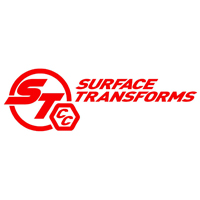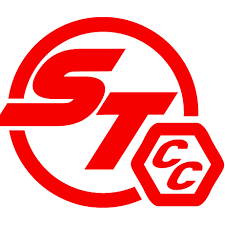The braking system in your vehicle is perhaps its single most important safety mechanism. Without brakes, a vehicle is left relying on time to slow its forward momentum. So how do brakes work? When you step on your brake pedal your car pushes fluid through its brake lines into each wheel, gradually bringing them to a stop at the same rate. As a whole, your brake system is turning your car’s kinetic energy into friction that slows your tires and brings your car to a stop. The brake pads in your vehicle are the source of that friction, which is created as they press up against the braking discs in your car.
Let’s take a closer look at the different types of brake pads available, the pros and cons of each type, particularly the differences between using ceramic and metallic brake pads, and help you understand how to choose the best brake pad for your vehicle and driving style.
Surface Transforms plc (LON:SCE) are experts in the development and production of carbon-ceramic materials and the UK’s only manufacturer of carbon-ceramic brakes for automotive use.


